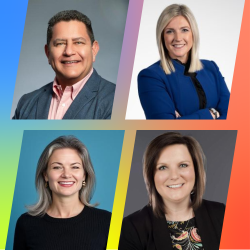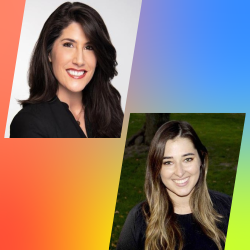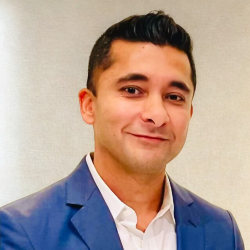Most of the potential interns you sit down to interview won’t have much, if any, in the way of research experience. They may not even have much work experience of any kind. So, how do you size up a potential “keeper”?
Bridget Browder, MS, CCRC, manager of learning and development at MedTrials, encourages interviewers to take a few minutes to scan the applicant’s resume. You’re looking for interesting hobbies or activities that might suggest other skills and enthusiasms, she says. “It’s a big challenge to find the right interns because so few have research experience,” she notes.
“Ask about hobbies,” says Browder, who’s been active on both sides of the process as an intern and manager of interns. She advises digging down deep even when the resume is light on material. Particularly when it comes to young people relatively new to the work force, “hobbies are where they shine—those are the activities they’ve chosen themselves,” Browder explains.
It’s not as random a line of inquiry as it might first sound, Browder insists. For example, an intern might tell you they are involved in a community festival as a volunteer or other role. “That might show they care about the community,” Browder says. Another potential bonus: “It might show they are engaged in the community and can help you with local patient recruitment.”
Another clue: Do you hear passion and excitement in their voice when they talk about being an intern with you, or are they merely checking a box?
Browder suggests asking them what they like about the idea of research even if they haven’t done it before. “An applicant might talk about how their parent had cancer and how research helped them find better treatments,” she says. “You’re looking for some kind of personal buy-in.”
Author: Michael Causey



